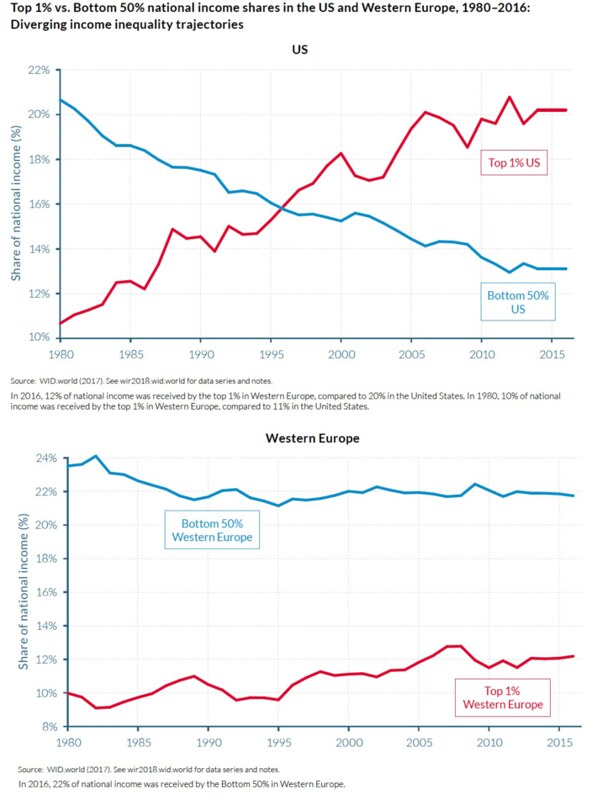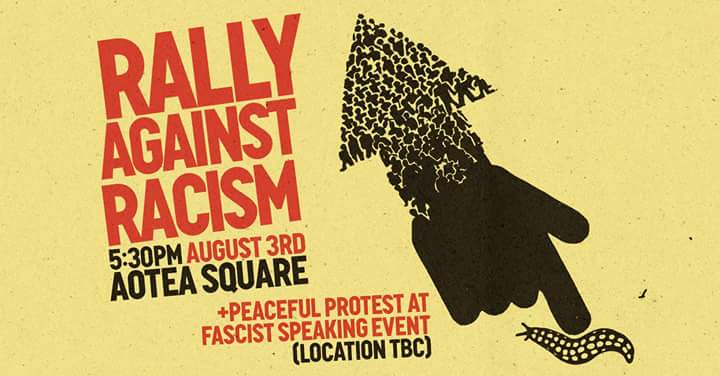Correction: The Conservation Minister had no role in granting this permit. I had assumed that, as on land, exploration would require an access arrangement, which would have required her approval. But thanks to the Marine and Coastal Area (Takutai Moana) Act 2011's "no-one owns the seabed" position, the Crown Minerals Act was amended so that
you don't need an access arrangement to explore or mine in the common marine and coastal area. And thanks to Taranaki District Council's "drill, baby, drill" policy, exploration is a permitted activity despite the entire area being a marine mammal sanctuary, so there's no RMA process either. There
will be an RMA process for actual mining at least, but that won't stop the disruption from exploration.
As for how to fix this, the Marine Mammals Protection Act allows activites within Marine Mammal Sanctuaries to be regulated, and this is already used to
prohibit mining (but not oil drilling) in part of the West Coast North Island Sanctuary. That area could be expanded, and further oil drilling banned. But in the long term, there seems to be no reason to distinguish between onshore and offshore wildlife sanctuaries, so they need to be added to Schedule 4.
Conservation Minister Eugenie Sage MBIE appears to have quietly
granted a permit to explore for ironsands in a Marine Mammal Sanctuary:
A mining exploration permit has been quietly granted inside a marine sanctuary set up to protect the endangered Māui dolphins.
The decision has shocked conservation groups who were unaware of the move and the Department of Conservation has “significant concerns” about the safety of the dolphins if mining were to go ahead.
[...]
In May, permission to explore a 220-square-kilometre section off the coast of New Plymouth that falls within the sanctuary was granted to a company that wants to dredge the ocean floor for minerals.
Ironsands Offshore Mining Ltd will now be able to carry out tests, including drilling, to assess the viability of the project.
Its an appalling decision, and a pointless one: while the impact of exploration may be low, it is difficult to imagine a full mining operation being approved. But like the Otakiri Springs water decision, it may be a case of the Minister's hands being tied: marine mammal sanctuaries enjoy no special protection from mining, while the
law covering access arrangements requires the Minister to consider economic benefits but not environmental costs unless the land is specifically held for conservation purposes (because in theory that is dealt with at the RMA stage, not at the mining consent stage. Except where the local council short-circuits the entire process with a "drill, baby, drill" policy...)
As for how to stop this, hopefully Greenpeace will OIA the advice, and seek a judicial review if there is any doubt about the decision. And of course there's protests (though again, when will the government repeal the Anadarko Amendment?) But in the long term, if we want to prevent mining or prospecting in marine mammal sanctuaries, we need to change the law. And at this stage it is worth noting that sanctuaries for land-based wildlife enjoy the protection of
Schedule 4, meaning mining is absolutely forbidden. Sanctuaries for marine mammals do not, despite serving an identical purpose at sea. It would be a very simple members bill to add them. Maybe a Green MP would like to put one in the ballot?

